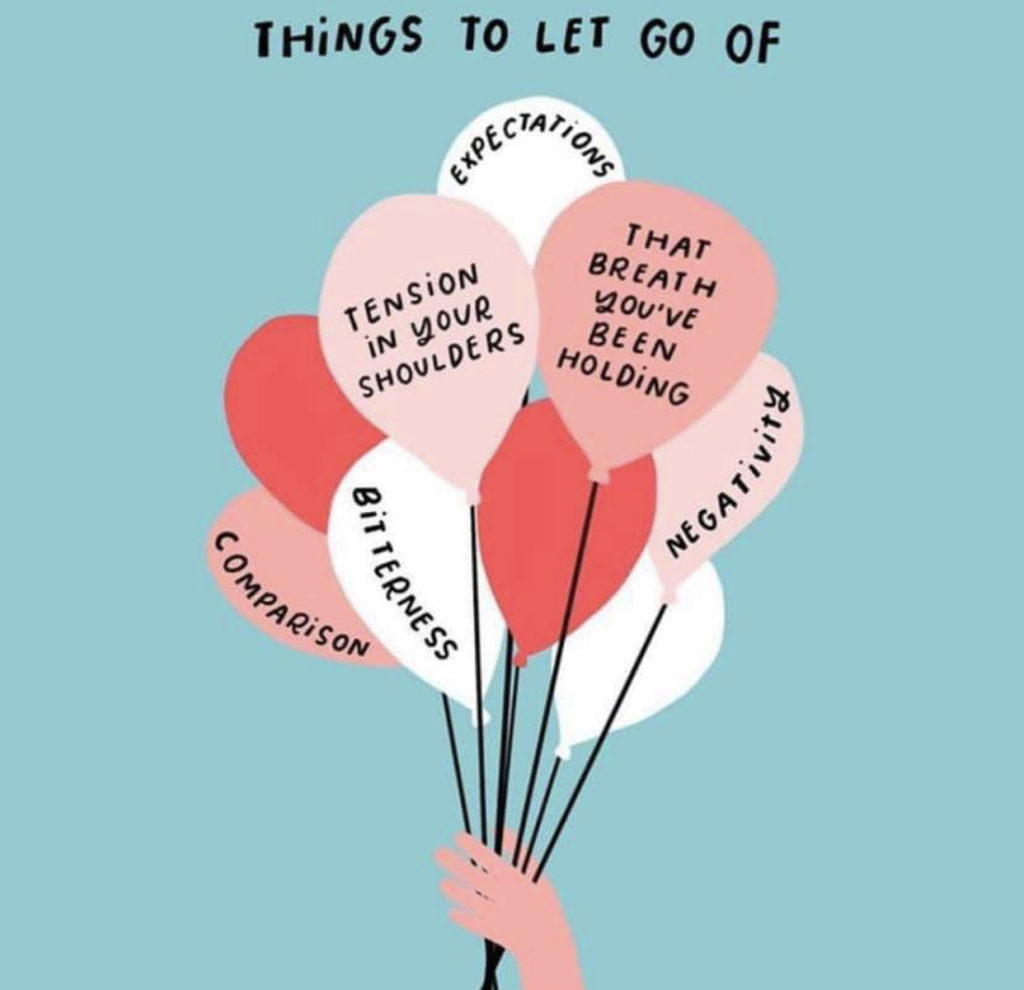
At the beginning of the semester, students are in full control. Acclimated to their new classes and professors, students find a sense of comfort. Grades are looking good and everything is just fine. Then, comes the crash. Out of left field, with no warning sign, the confidence and control turn into doubt and chaos. That false sense of comfort that the students felt has evaporated into thin air, as if it never even existed. Suddenly, confronted with their own thoughts, students have reached full burnout.
For some it’s characterized as a breakdown, mid-term blues, finals week stress or hitting the semester wall. It comes at different times in the semester for different students, but burnout is the feeling of being overwhelmed by high stress, low motivation, large workload, exhaustion, lack of sleep and/or the inability to meet demands.
Burnout affects students in varying levels. If affected by burnout there may be some ways to cope. The UWG counseling center offers walk-in hours every weekday from 8 a.m. to 4 p.m. The services provided are confidential and free. The counseling center is located at 123 Row Hall.
“We’ve been really busy here,” said Jeff Davis, UWG Clinical Coordinator. “From July 29, 2017, through July 29, 2018, we had 12,612 appointments scheduled. From July 29, 2018, through July 29, 2019, one year later, we had 14,177 appointments scheduled.”
This increase in appointments can be directly related to an increase in anxiety among college students. In 2019, 65.7% of students cited that they “felt overwhelming anxiety.” This number is up from the 2014 mark of 54% and the 2009 mark of 49.1%. In 2019, 27.8% of students cited that anxiety affected their academic performance. This number is also up from the 21.8% and 18.5% marks of 2014 and 2009.
Professionally diagnosed or treated anxiety, professionally diagnosed or treated panic attacks and the percentage of students that have “seriously considered suicide” are at a new high as well. These statistics were provided by the UWG counseling center via the American College Health Association.
“We would like students to know that we know anxiety and depression are real challenges, and can have significant impact on our lives,” said Davis. “The counseling center is here to support students if they need us. We also want to emphasize that maintaining healthy eating and sleep can be very helpful as can getting involved in some kind of social activity.”
General tips to avoid and/or cope with burnout include getting enough sleep. As cliché as it may sound, sleep is truly fundamental to good health. The college lifestyle often encourages unrealistic sleep patterns. It is not uncommon to hear students talk about their lack of sleep caused by overload. In fact, there are students who accept lack of sleep as a norm. However, good resting habits can recharge students making all the difference.
Time management is a frequently discussed issue for college students. However, making time to do everything is wearing many students out. Not spreading oneself too thin may help to reduce the feeling of being overwhelmed. Students are pulled in multiple directions but learning when and how to decline and prioritize certain tasks is important. UWG will be providing an Effective Time Management course beginning this May.
Good study habits can relieve stress for many students. Good study habits do not imply staying up all night going over every bit of information numerous times. It also does not mean neglecting to study at all. Don’t shy away from asking for help either, professors may be more willing to help than some students give them credit for. Peers and tutoring services are available as well.
Studies conducted by the Oxford Happiness Inventory and Beck Depression Inventory of the American Psychology Association provide extensive research into the relation of study habits to stress, happiness and depression.
Don’t underestimate the value of a good diet and exercise. Feeling good physically may help you feel better mentally. Not only is a healthy diet and exercise a stress reliever for some to get their mind off of things, but it can also serve as a base for greater overall health.
According to the Anxiety and Depression Association of America, “exercise and other physical activity produce endorphins—chemicals in the brain that act as natural painkillers—and also improve the ability to sleep, which in turn reduces stress. If your body feels better, so does your mind.”
“If students want some other self-help ideas, they can find them on our website’s While You Wait page,” said Davis.
Take the warning signs seriously. When you feel these emotions beginning to stir up, don’t ignore them. The problems students face should not be pushed aside. Students face real stress that they sometimes feel isn’t worth addressing, but it is. Also, if a student feels that they need/want to speak with someone, they should not hesitate to contact the counseling center.
You may also like
-
UWG’s Ingram Library Hosts Pop-Up Study Spot to Help Students Prepare for Finals Week
-
UWG Offers Mental Health Support And Academic Services To Maintain Student Success During Finals Week
-
UWG Alumnus Shares His Experience Exploring the Underground Flood Channels of Las Vegas
-
Georgia Students Simulate the Struggles of Dementia
-
UWG PR Students Score a Georgia Power Tour at Atlanta Corporate Office